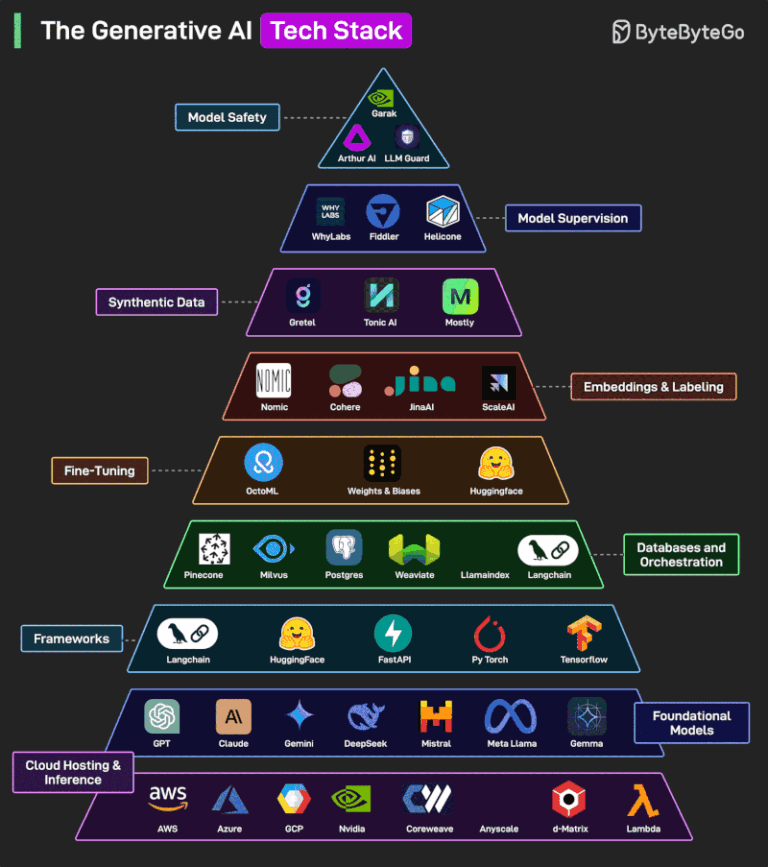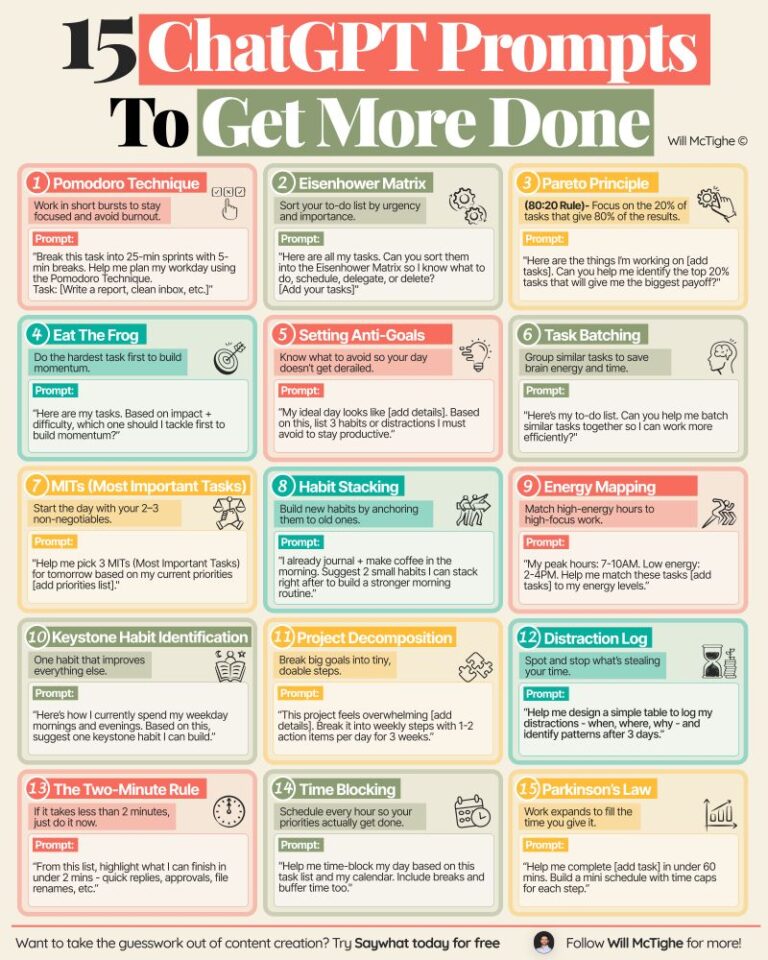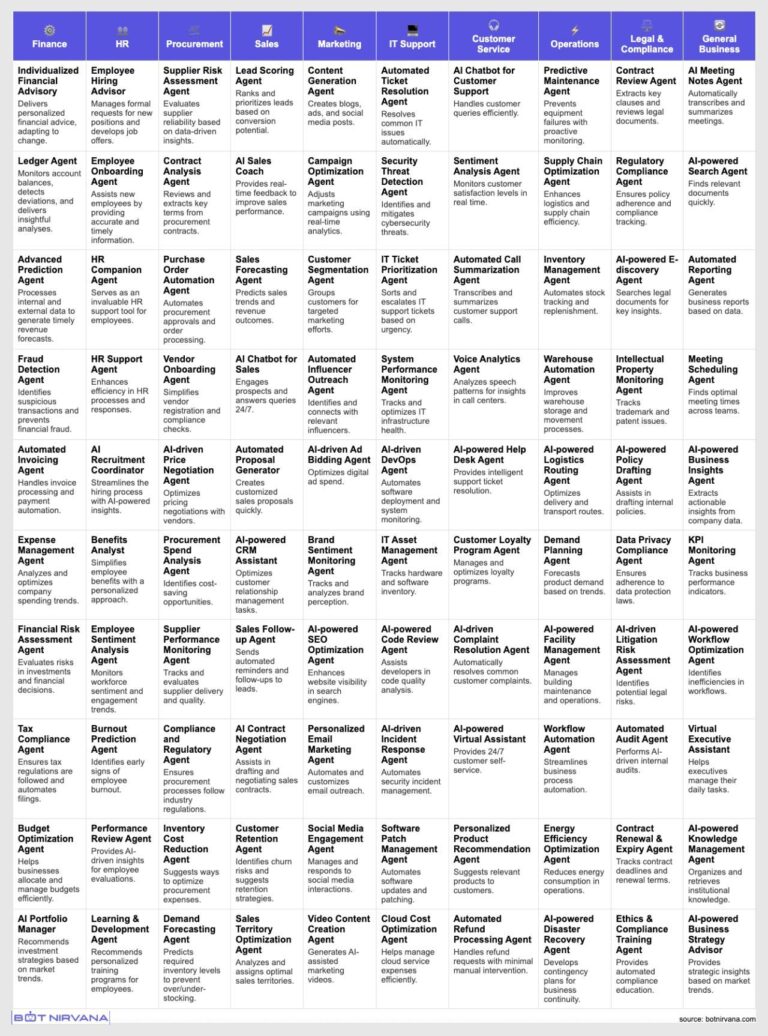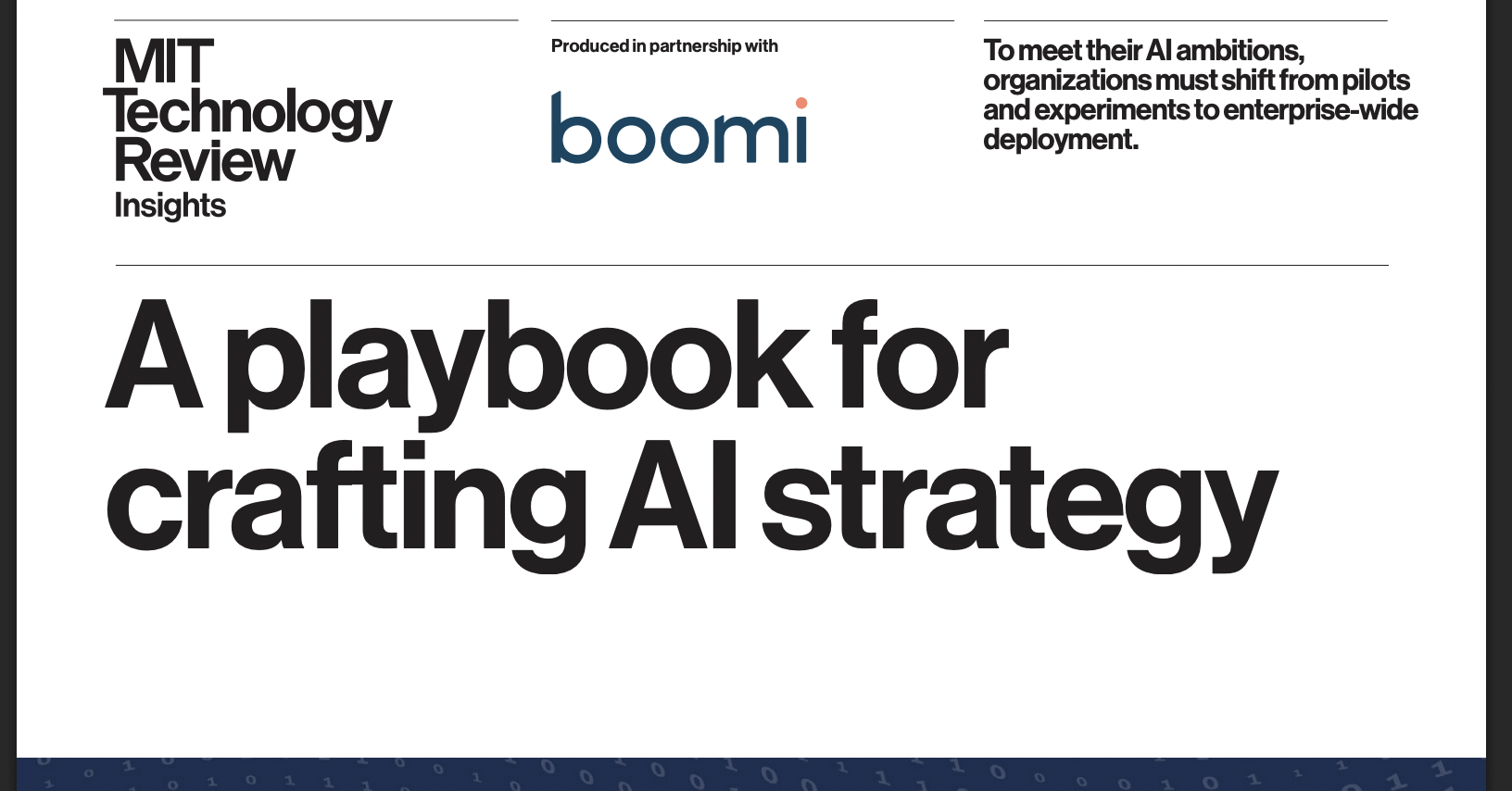| Topic |
Hours |
| Revenue Growth |
10-12 |
| Covers techniques to identify new revenue streams, optimize pricing strategies, and develop scalable growth plans. |
|
Module 1: Foundation (2 hours)
- AI’s role in modern revenue growth
- Key AI technologies affecting revenue (ML, NLP, predictive analytics)
- Current market landscape and opportunities
- Real-world success stories and case studies
Module 2: AI-Driven Revenue Stream Identification (3 hours)
- Using AI to analyze market gaps and opportunities
- Predictive modeling for new product/service potential
- AI tools for market size and revenue potential assessment
- Creating data-driven revenue hypotheses
Module 3: AI-Powered Pricing Optimization (3 hours)
- Dynamic pricing systems and implementation
- Competitive pricing analysis using AI
- Price elasticity modeling
- Customer willingness-to-pay prediction
- Real-time price optimization strategies
Module 4: Scalable Growth Planning with AI (2 hours)
- AI for growth trajectory modeling
- Resource allocation optimization
- Risk assessment and mitigation
- Revenue forecast modeling
Module 5: Implementation and Integration (2 hours)
- Practical implementation steps
- Integration with existing systems
- ROI measurement and tracking
- Common pitfalls and how to avoid them
|
| Operational Efficiency |
12-15 |
| Focuses on streamlining workflows, minimizing waste, and implementing process improvement methodologies. |
|
Module 1: Process Analysis & AI Integration (3 hours)
- AI tools for process mapping and bottleneck identification
- Workflow analysis using machine learning
- Automated process mining techniques
- Digital twin simulation for process optimization
- Real-time monitoring systems
Module 2: Automation Strategy & Implementation (3 hours)
- Identifying automation opportunities
- RPA (Robotic Process Automation) selection and deployment
- AI-powered decision support systems
- Intelligent document processing
- Natural Language Processing for business processes
Module 3: Resource Optimization (3 hours)
- AI for resource allocation and scheduling
- Predictive maintenance systems
- Inventory optimization using machine learning
- Energy efficiency optimization
- Capacity planning and utilization
Module 4: Quality Control & Error Reduction (2 hours)
- AI-powered quality assurance systems
- Anomaly detection and prevention
- Computer vision for quality control
- Predictive quality management
- Error pattern recognition and mitigation
Module 5: Performance Metrics & Analytics (2 hours)
- KPI selection and tracking
- Real-time performance dashboards
- Predictive performance modeling
- AI-driven benchmarking
- ROI measurement systems
Module 6: Change Management & Implementation (2 hours)
- Employee training and adoption strategies
- Managing resistance to automation
- Phased implementation approaches
- Best practices for AI integration
- Continuous improvement frameworks
|
| Market Domination |
10-12 |
| Explores competitive analysis, brand positioning, and strategies to capture and dominate market share. |
|
Module 1: AI-Powered Market Analysis (2 hours)
- Competitive intelligence using machine learning
- Market share analysis and prediction
- Sentiment analysis of competitor perception
- Automated market trend detection
- Real-time market movement tracking
Module 2: Strategic Positioning (2 hours)
- AI for brand differentiation analysis
- Market gap identification using ML
- Competitive advantage modeling
- Position optimization algorithms
- Automated competitor response prediction
Module 3: Market Capture Strategies (3 hours)
- AI-driven market entry planning
- Customer acquisition cost optimization
- Market penetration modeling
- Territory expansion analytics
- Network effect acceleration strategies
Module 4: Defensive Strategies (2 hours)
- Predictive modeling of competitor actions
- Market barrier creation and maintenance
- Customer loyalty reinforcement
- AI-powered pricing defense strategies
- Market share protection tactics
Module 5: Scaling Market Leadership (3 hours)
- AI for rapid market scaling
- Network effect optimization
- Platform dominance strategies
- Ecosystem development analytics
- Market lock-in mechanics
Each module includes:
- Real-world case studies
- Interactive simulations
- Practical tools and frameworks
- Implementation guides
- Performance metrics
|
| Customer Retention |
8-10 |
| Teaches best practices for loyalty programs, customer feedback integration, and reducing churn rates. |
|
Module 1: AI-Driven Churn Prevention (2 hours)
- Predictive churn modeling and early warning systems
- Customer behavior pattern analysis
- Risk scoring and intervention triggers
- Real-time engagement monitoring
- Automated intervention strategy optimization
Module 2: Loyalty Program Enhancement (2 hours)
- AI-powered reward optimization
- Personalized loyalty journeys
- Dynamic incentive systems
- Engagement path modeling
- Program ROI optimization
- Multi-tier program design using ML
Module 3: Customer Feedback Systems (2 hours)
- NLP for feedback analysis
- Sentiment tracking and trending
- Automated response prioritization
- Voice of customer analytics
- Real-time satisfaction monitoring
- Predictive satisfaction modeling
Module 4: Personalization & Experience (2 hours)
- AI-driven personalization engines
- Customer journey optimization
- Next-best-action prediction
- Experience customization at scale
- Cross-channel experience consistency
- Behavioral adaptation systems
Module 5: Retention Metrics & Optimization (2 hours)
- LTV prediction models
- Retention economics
- Customer health scoring
- ROI measurement frameworks
- Cohort analysis automation
- Retention campaign optimization
Key components across all modules:
- Integration with existing CRM systems
- Implementation roadmaps
- Success metrics and KPIs
- A/B testing frameworks
- Real-world case studies
|
| Innovation Leadership |
12-15 |
| Provides tools to foster a culture of innovation, lead transformative projects, and stay ahead of industry trends. |
|
Module 1: AI-Enabled Innovation Culture (3 hours)
- Creating an AI-positive environment
- Innovation metrics and measurement
- Psychological safety frameworks for AI adoption
- Balancing human creativity with AI capabilities
- Building cross-functional innovation teams
- Innovation incentive systems
Module 2: Transformative Project Leadership (3 hours)
- AI project portfolio management
- Risk assessment and mitigation strategies
- Resource allocation optimization
- Innovation pipeline management
- Stage-gate process automation
- Success metrics and KPIs
Module 3: Future-State Planning (2 hours)
- AI-powered trend analysis and prediction
- Scenario planning and modeling
- Technology roadmapping
- Impact assessment frameworks
- Adoption curve prediction
- Strategic timing optimization
Module 4: Innovation Process Design (3 hours)
- Idea generation and validation systems
- AI-powered prototype development
- Testing and iteration frameworks
- Innovation scaling methodologies
- Feedback loop optimization
- Innovation governance structures
Module 5: Change Management for Innovation (2 hours)
- Stakeholder management strategies
- Resistance management frameworks
- Communication planning
- Training and enablement
- Success measurement
- Cultural transformation tactics
Module 6: Competitive Innovation (2 hours)
- Market disruption prediction
- Competitive response modeling
- Innovation timing optimization
- First-mover advantage analysis
- Strategic positioning
- Innovation ecosystem development
Would you like me to elaborate on:
- Practical exercises and workshops
- Implementation case studies
- Assessment frameworks
- Specific AI tools and platforms
- Change management methodologies
|
| Talent Optimization |
8-10 |
| Covers talent acquisition, employee engagement strategies, and performance management systems. |
|
Module 1: AI-Powered Talent Acquisition (2 hours)
- Predictive hiring algorithms
- Job description optimization
- Candidate matching systems
- Interview process automation
- Bias reduction in hiring
- Quality of hire prediction
Module 2: Employee Engagement Enhancement (2 hours)
- Real-time engagement monitoring
- Sentiment analysis systems
- Personalized motivation strategies
- Team dynamics optimization
- Cultural fit analytics
- Engagement prediction models
Module 3: Performance Management Systems (2 hours)
- AI-driven performance metrics
- Real-time feedback systems
- Skills gap analysis
- Development path optimization
- Performance prediction
- Goal alignment frameworks
Module 4: Retention & Development (2 hours)
- Flight risk prediction
- Career path optimization
- Learning recommendation systems
- Succession planning analytics
- Knowledge transfer optimization
- Development ROI analysis
Module 5: Workforce Analytics (2 hours)
- Productivity measurement systems
- Team composition optimization
- Resource allocation modeling
- Capacity planning
- Cost optimization analytics
- Impact measurement frameworks
Key components across modules:
- Integration with HR systems
- Implementation roadmaps
- Success metrics
- Legal and ethical considerations
- Case studies and examples
Would you like me to detail:
- Specific AI tools for each area
- Implementation methodologies
- ROI calculation frameworks
- Common challenges and solutions
|
| Data Monetization |
10-12 |
| Focuses on leveraging data assets for new revenue opportunities and building data-driven business models. |
|
Module 1: Data Asset Assessment (2 hours)
- Data inventory and classification
- Value potential analysis
- Data quality assessment
- Privacy and compliance review
- Competitive advantage analysis
- Market opportunity identification
Module 2: Data Product Development (3 hours)
- AI-driven product ideation
- Data product design frameworks
- Feature engineering and selection
- Pricing model development
- Scalability planning
- MVP definition and testing
Module 3: Monetization Models (2 hours)
- Direct data sales strategies
- API monetization frameworks
- Data-as-a-Service models
- Industry-specific opportunities
- Subscription model design
- Usage-based pricing optimization
Module 4: Data Operations (2 hours)
- Data pipeline optimization
- Quality control systems
- Delivery infrastructure
- Performance monitoring
- Security frameworks
- Service level agreements
Module 5: Go-to-Market Strategy (3 hours)
- Market sizing and segmentation
- Customer discovery process
- Sales channel development
- Partnership strategies
- Launch planning
- Growth metrics
Key components across modules:
- Legal and ethical considerations
- Implementation roadmaps
- ROI frameworks
- Risk mitigation strategies
- Case studies
- Best practices
Would you like me to elaborate on:
- Specific AI technologies for monetization
- Implementation methodologies
- Success metrics and KPIs
- Common challenges and solutions
|
| Scaling |
8-10 |
| Guides on scaling operations sustainably, including resource allocation and infrastructure planning. |
|
Module 1: Scale Readiness Assessment (2 hours)
- AI-driven scalability diagnostics
- Infrastructure capacity analysis
- Process bottleneck identification
- Resource utilization optimization
- Risk assessment frameworks
- Growth potential modeling
Module 2: Resource Planning (2 hours)
- Predictive resource allocation
- Capacity planning models
- Budget optimization systems
- Infrastructure scaling strategies
- Cloud resource management
- Cost projection modeling
Module 3: Process Automation (2 hours)
- Workflow automation assessment
- AI-powered process optimization
- Scalable system architecture
- Integration planning
- Quality maintenance at scale
- Performance monitoring systems
Module 4: Growth Management (2 hours)
- Growth rate optimization
- Market expansion modeling
- Team scaling strategies
- Supply chain optimization
- Customer service scaling
- Technology stack evolution
Module 5: Sustainable Scaling (2 hours)
- Long-term viability analysis
- Cultural scaling strategies
- Knowledge management systems
- Quality control at scale
- Compliance scaling
- Performance measurement
Key components across modules:
- Implementation roadmaps
- Success metrics and KPIs
- Risk mitigation strategies
- Case studies
- Common pitfalls
- Best practices
|
| Cost Control |
8-10 |
| Teaches cost analysis, budget optimization, and financial efficiency practices. |
|
Module 1: Cost Analysis Fundamentals (2 hours)
- AI-powered cost structure analysis
- Automated expense categorization
- Predictive cost modeling
- Variance detection systems
- Benchmark analysis
- Cost driver identification
Module 2: Budget Optimization (2 hours)
- AI budget forecasting
- Real-time budget tracking
- Dynamic budget allocation
- Spend pattern analysis
- ROI optimization
- Budget variance prediction
Module 3: Operational Cost Control (2 hours)
- Process cost optimization
- Resource utilization analysis
- Waste reduction systems
- Energy efficiency modeling
- Supply chain cost optimization
- Maintenance cost prediction
Module 4: Smart Procurement (2 hours)
- AI-powered vendor selection
- Price optimization algorithms
- Contract analysis automation
- Purchase timing optimization
- Inventory cost management
- Supplier performance tracking
Module 5: Financial Efficiency (2 hours)
- Cash flow optimization
- Working capital management
- Cost reduction validation
- Performance measurement
- Savings tracking systems
- Cost avoidance strategies
Key components across modules:
- Implementation frameworks
- ROI calculation methods
- Risk assessment tools
- Integration strategies
- Success metrics
- Case studies
|
| Market Perception |
10-12 |
|
Focuses on brand reputation management, public relations strategies, and market sentiment analysis.
Module 1: Sentiment Analysis Systems (2 hours)
- Real-time sentiment tracking
- Brand perception modeling
- Social media monitoring
- Review analysis automation
- Competitive sentiment comparison
- Trend identification systems
Module 2: Reputation Management (2 hours)
- AI-powered crisis detection
- Response optimization
- Impact prediction models
- Reputation scoring systems
- Automated alert systems
- Stakeholder sentiment tracking
Module 3: PR Strategy Optimization (2 hours)
- Message effectiveness prediction
- Channel optimization
- Content impact analysis
- Timing optimization
- Audience resonance modeling
- Campaign performance tracking
Module 4: Market Intelligence (3 hours)
- Consumer behavior analysis
- Market trend prediction
- Competitive positioning tracking
- Share of voice measurement
- Brand equity modeling
- Market influence mapping
Module 5: Perception Enhancement (3 hours)
- Brand narrative optimization
- Communication effectiveness
- Perception gap analysis
- Trust building metrics
- Brand consistency tracking
- Impact measurement systems
Key components across modules:
- Real-world case studies
- Implementation roadmaps
- ROI measurement frameworks
- Risk mitigation strategies
- Success metrics
- Integration guides
|



